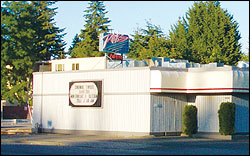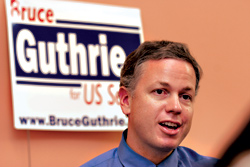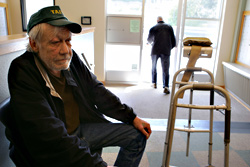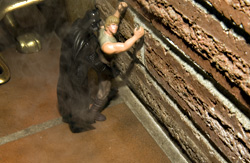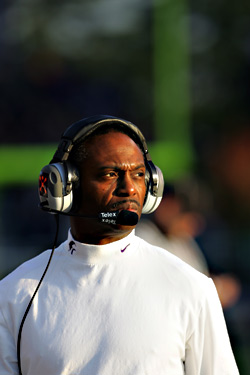In a series of documents, Seattle police provide a rare peek into how they have enforced local ordinances calling for no contact between dancers and patrons at strip clubs—and how much money they have spent in the process.
The documents were provided by police to the Seattle City Council for deliberations on a new, stricter adult-entertainment ordinance, which the council passed earlier this month.
Most striking is that SPD has spent tens of thousands of taxpayer dollars on lap dances and club entrance fees but have little to show in the way of convictions, despite claims in the documents that detectives witnessed hundreds of violations and also acts of prostitution at the city’s four strip clubs.
According to Gil Levy, an attorney who represents Rick’s strip club in Lake City, between 2000 and 2005 police and the city attorney’s office brought misdemeanor charges of violating the adult-entertainment ordinance against dancers 200 times but only got 43 convictions. Levy, a central figure in the “Strippergate” scandal of 2003, also says that despite police claims in the documents of “increased” prostitution at the clubs, he was unable to find any convictions for prostitution resulting from activity at strip clubs. An SPD spokesperson confirmed that there have been no arrests of dancers for prostitution at the clubs, but neither SPD nor the city attorney’s office would answer questions about the discrepancy between charges made and the number of convictions.
Under the current adult-entertainment ordinance, strippers are only allowed to be naked while on a stage and are prohibited from sexually touching customers or revealing themselves as they circulate among clubgoers when offstage. But, of course, lap dances do occur. Touching and shows of skin occur. Under the recently passed ordinance, brighter lighting will be required at Seattle clubs and dancers will have to remain at least four feet away from customers at all times. Tucking bills into G-strings will be a thing of the past.
The SPD documents make for interesting reading. “I have participated in covert inspections for approximately five years and have bought over three hundred dances,” recounts one veteran detective in one of the statements given to the council. In their summaries of on-the-job experiences, he and other detectives who worked undercover recount how, after they assured dancers that they weren’t police officers, dancers rubbed on them, exposed breasts and genitalia, and, in some instances, grabbed the cops’ penises through their pants. Seattle Weekly is not naming the detectives, as some of them still work undercover.
“I would usually have two dances to see if the subject was willing to do illegal acts for money,” writes another detective. Strippers are permitted to perform dances away from stage areas as long as they don’t make contact with customers sexually or expose themselves.
According to his and other statements by detectives, legal dances ran $20, but dancers would offer to do a “dirty” lap dance for as much as $40 per dance. That would work out to about $12,000 for the detective who paid for 300 lap dances.
Is that how SPD should spend public funds for strip-club enforcement? “The answer is ‘no,'” says City Council member Nick Licata, who heads the Public Safety Committee. Along with three other council members, Licata voted against the stricter ordinance.
One detective states that “out of all the dances, only six were legal.” Statements from detectives indicate that they and confidential informants alleged there were acts of prostitution at the clubs. “Customers have come to expect sex or a blow job from the entertainers,” writes another detective.
SPD brass would not discuss vice operations at the clubs nor how much money was spent on such investigations. “Those are investigatory tools,” says Officer Rich Pruitt, an SPD spokesperson.
Pruitt adds that vice cops would not take their investigations to the level of having sex with suspects. On Friday, Oct. 7, The Seattle Times reported that Lynnwood police might have crossed the line in vice investigations there, with reported instances of cops allowing prostitutes to give them hand jobs for cash.
Levy denied that there was prostitution at the Seattle clubs.
